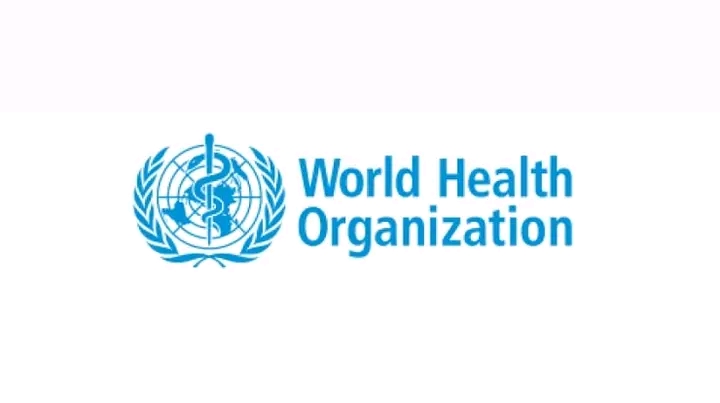New COVID Variants Ravaging South Korea, UK, Others, Caused 1800 Deaths In One Month – WHO

New COVID Variants Ravaging South Korea, UK, Others, Caused 1800 Deaths In One Month – WHO
The World Health Organisation has warned that more than 1.4 million new cases of Covid-19 were registered around the world between July 31 and August 27, 2023 with over 1,800 deaths attributed to the disease.
The figures were published by the global health body in its weekly bulletin, and represent a 38% increase in the number of cases and a 50% decrease in the number of deaths from the previous 28-day period.
It said that the South Korea had the highest number of both new cases with 1,296,710 and deaths 596, while Italy had almost 27,000 new cases, followed by the United Kingdom with 26,000 new cases.
The largest increase in new cases was in the Eastern Mediterranean (+113%), Western Pacific (+52%) and the European Region (+39%), while Africa (-76%) and South-East Asia (-48%) saw a decline, the WHO identified.
Attributing the increase in cases to the ‘Eris’ variant of the novel coronavirus, which is now the most widespread, having been found in 26% of sequences during the second week of August, the global health body said, according to the report, the ‘Arturo’ variant was found in 22.7% of sequences in 109 countries, while ‘Kraken’ was reported by 124 countries but seems to be receding.
The WHO, however, stated that there have been more than 770 million cases of Covid-19 and over 6.9 million deaths from the virus since the beginning of the pandemic.
Though the WHO declared an end to the “global health emergency” in May, the organization has reminded member states to “maintain, and not dismantle, their anti-Covid-19 infrastructures,” urging them to keep in effect the systems of “early warning, surveillance and reporting, variant tracking, early clinical assistance (and) vaccination boosters for high-risk groups.”
Friday’s bulletin was the last-ever weekly update by the WHO, which intends to transition from emergency response to long-term “prevention, control and management” of Covid-19. The updates will be monthly from now on, with the next one due at the end of September.
The novel coronavirus, later dubbed SARS-CoV-2, was first detected in Wuhan, China in late 2019.
Part of the report reads: “In this WEU edition, global figures include all available data from the Region of the Americas since the start of the pandemic up to 6 August 2023 reported through COVID-19 specific channels.
“However, 28-day comparisons for this Region and its Member States are presented using the integrated respiratory viruses surveillance data reported through FluNet and FluID platforms.
“Additional updates from this Region can be found in the Influenza and Other Respiratory Virus weekly report. Currently, reported cases do not accurately represent infection rates due to the reduction in testing and reporting globally. During this 28-day period, 39% (92 of 234) of countries reported at least one case to WHO – a proportion that has been declining since mid-2022.
“Please note that this is the last edition of the COVID-19 Weekly Epidemiological Update. Moving forward, as WHO transitions its COVID-19 surveillance from an emergency response to long-term COVID-19 disease prevention, control and management, we will be providing updates every four-weeks, with the next edition set to be published on 28 September 2023.
“Disaggregated data will still be accessible on the WHO COVID-19 dashboard, where the full dataset is available for download.
“WHO has also recently updated COVID-19 surveillance reporting requirements for Member States, which can be found here.
“In this edition, we include: The COVID-19 epidemiological update at the global and the regional levels; an update on hospitalizations and ICU admissions; an update on the SARS-CoV-2 variants of interest (VOI) and variants under monitoring (VUM); an update on the vaccine effectiveness of primary series and booster vaccination against the Omicron and its descendant lineages,” the report reads.
Credit: Sahara Reporters